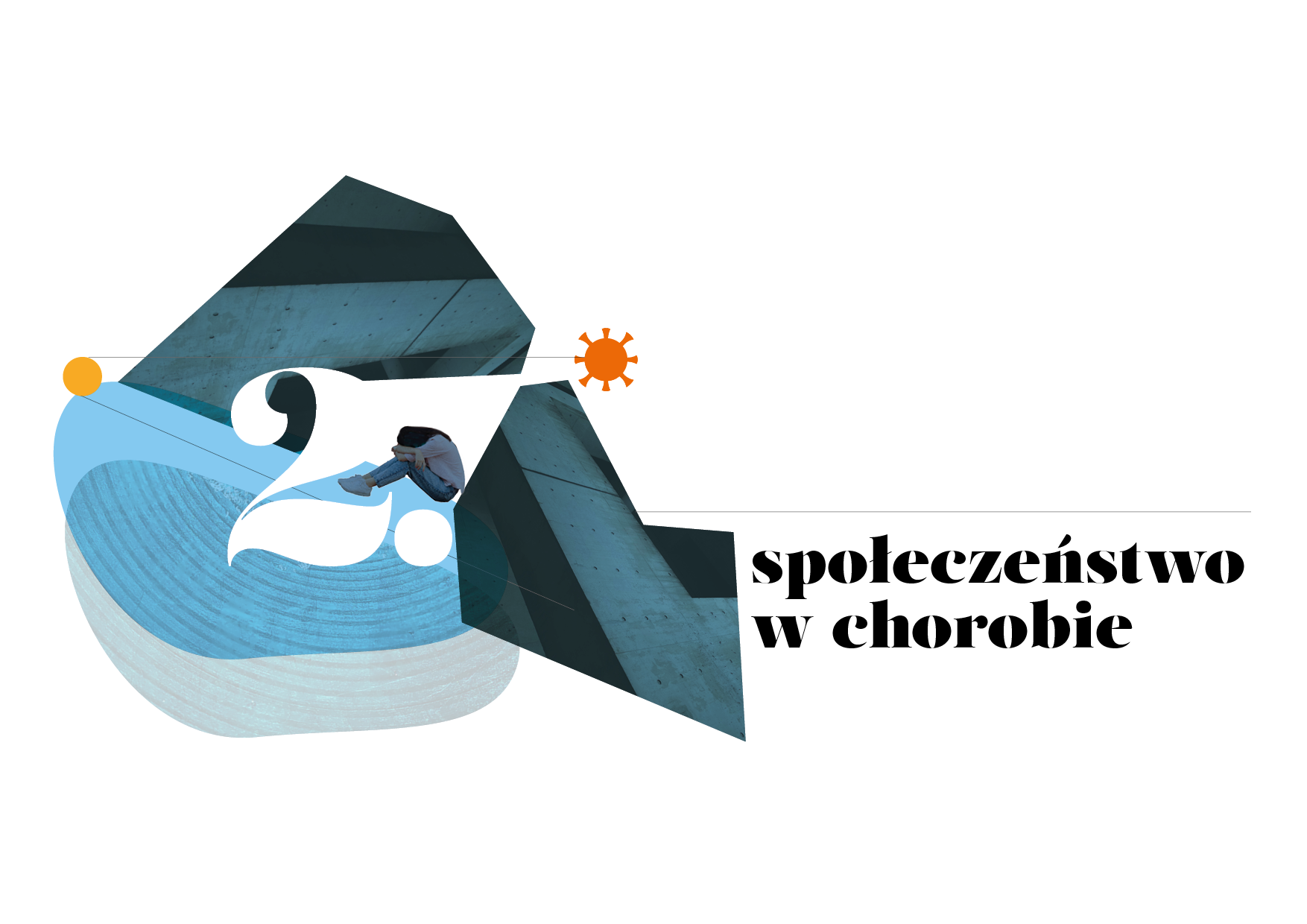Persistently low number of people in the high-risk groups who use voluntary vaccinations justify deepening the reflection on the social mechanism of health-related behaviour. Existing research focuses mainly on anti-vaccine attitudes among parents or medical personnel approach. Analyses including biographical experiences and intergenerational impact on vaccination or concerning the family network as the „lay referral system” are underrepresented. In the context of the epidemic threat of COVID-19 pandemic, the development of evidence-based inclusive interventions aimed at increasing the trust and demand for vaccination will become even more strategically important field for social sciences and public health research.
The goal of this paper is to present what social representations of vaccination – the system of values, ideas, metaphors, beliefs, and practices linked to those phenomena (Moscovici, 1984; Moscovici, 2000) – exist in family networks of older persons who make different decisions regarding voluntary influenza vaccination. An additional objective is to explore the relation between – on the one hand – different attitudes towards the phenomenon of vaccination and – on the other hand – the biographical health experiences and family patterns influencing health behaviours and practices.
Ongoing study involves three generations within one family network – retired older residents of Cracow, their children and grandchildren or their parents and children. The mixed method approach involves first the use of quantitative method, and individual interviews in the second step. The analysis of the survey data first will use the free association method (Doise, Clemence, Lorenzi-Cioldi, 1993) based on the open-ended question about associations with vaccinations as well as influenza and health. Then the associations’ profiles for the two types of families – with older people who have received influenza vaccination in the last 3 years and with those who did not – will be presented with the results obtained from use of three scales for measuring attitudes towards vaccination (Betsch et al. 2018; Martin, Petrie 2017; Szczerbińska et al. 2017) and data regarding vaccination experiences.
Preliminary results of quantitative data show important discrepancies between groups of older people making various decisions about influenza vaccination under control of some socio-demographic variables. The respondents significantly differ in confidence, complacency, and collective responsibility in relation to vaccination. Non-vaccinators also have more complex and contradictory associations with vaccinations, as opposed to a coherent picture among those who get vaccinated perceiving vaccine as a health care tool.
It seems particularly valuable that the combination of the above-mentioned elements allows development of recommendations for data-based behavioural interventions. As noted by Rachel Davis and others in order to maximise the potential efficacy of interventions, it is necessary to understand behaviour and behaviour change (Davis et al. 2015). This research comes further and tries to include the theoretical understanding of what can underlie the health-related behaviours (in this example on vaccination) – the social perception of the phenomenon to which health-related behaviours are linked.

